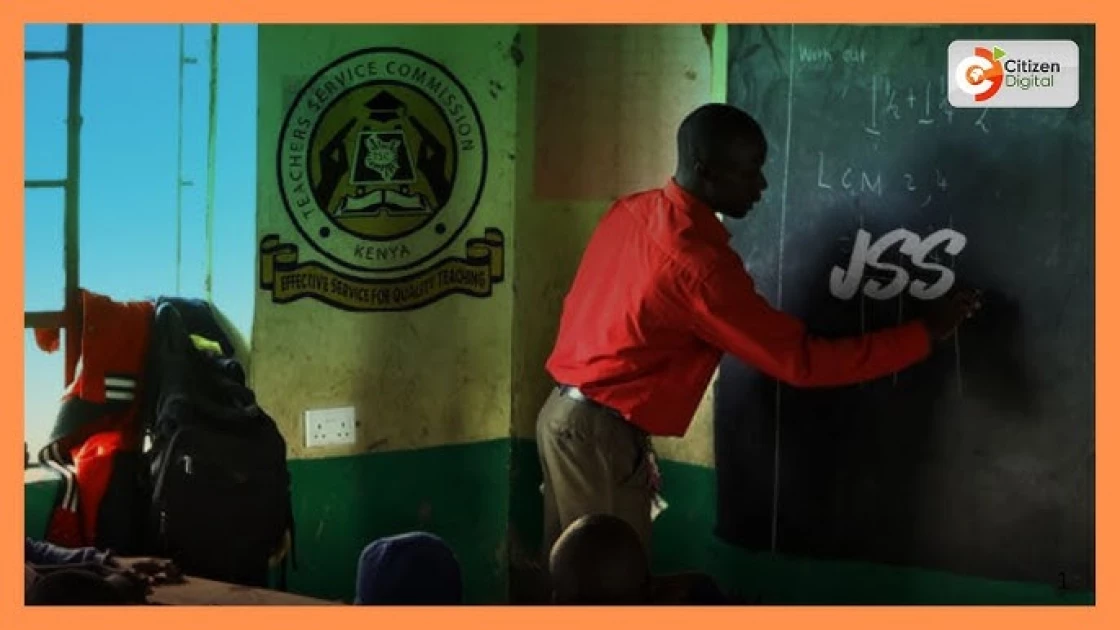Push for Junior School autonomy gains momentum across counties


Audio By Vocalize
Educators argue that granting JSS independence will not only ease administration but also strengthen the 2-6-3-3-3 Competency-Based Curriculum (CBC) structure envisioned under the current education system.
What began as isolated concerns over the management of JSS has now escalated into a nationwide movement, with teachers increasingly vocal about the need to separate JSS administration from lower primary school structures.
In Bungoma County, JSS teachers have threatened to boycott classes next year if their grievances are not addressed.
Linda Wekesa, a JSS teacher in Bungoma, said: “We are asking the Teachers Service Commission and the Ministry of Education to grant JSS autonomy. MPs should reject the sessional paper on comprehensive schools unconditionally because they are not part of our curriculum.”
Augustine Luketelo, another teacher in the county, added: “The pilot projects on comprehensive schools are not working.”
The wave of discontent has also spread to Baringo and Nakuru counties, where teachers are echoing similar concerns. They argue that autonomy would provide much-needed clarity in financial management, career progression, and administration.
Luketelo, who also serves as a county secretary for KUPPET, emphasized: “We should manage our own finances because currently, government allocations are merged with primary schools. JSS should have principals, deputy principals, and departmental heads, just like secondary schools. Even the uniforms are distinct—girls wear skirts and boys wear trousers. That requires separate financial and administrative management.”
Teachers are also highlighting the lack of properly equipped laboratories, ambiguous career progression guidelines, and the uncertainty surrounding the confirmation of 20,000 JSS interns as pressing issues that must be resolved to avert an impending crisis.
The Kenya Union of Post Primary Education Teachers (KUPPET) has thrown its weight behind the campaign, urging President William Ruto to intervene.
A KUPPET official in Mombasa stated: “We have graduates working under extremely difficult conditions. Teachers are being given just a few hundred shillings to facilitate student activities, and in some cases, they are forced to feed learners out of their own pockets. This is why we insist that JSS must be structurally autonomous.
In response, the Teachers Service Commission (TSC) has proposed a new administrative model where primary schools would be overseen by one principal, assisted by two deputies—one managing the primary section and another in charge of JSS.


Leave a Comment